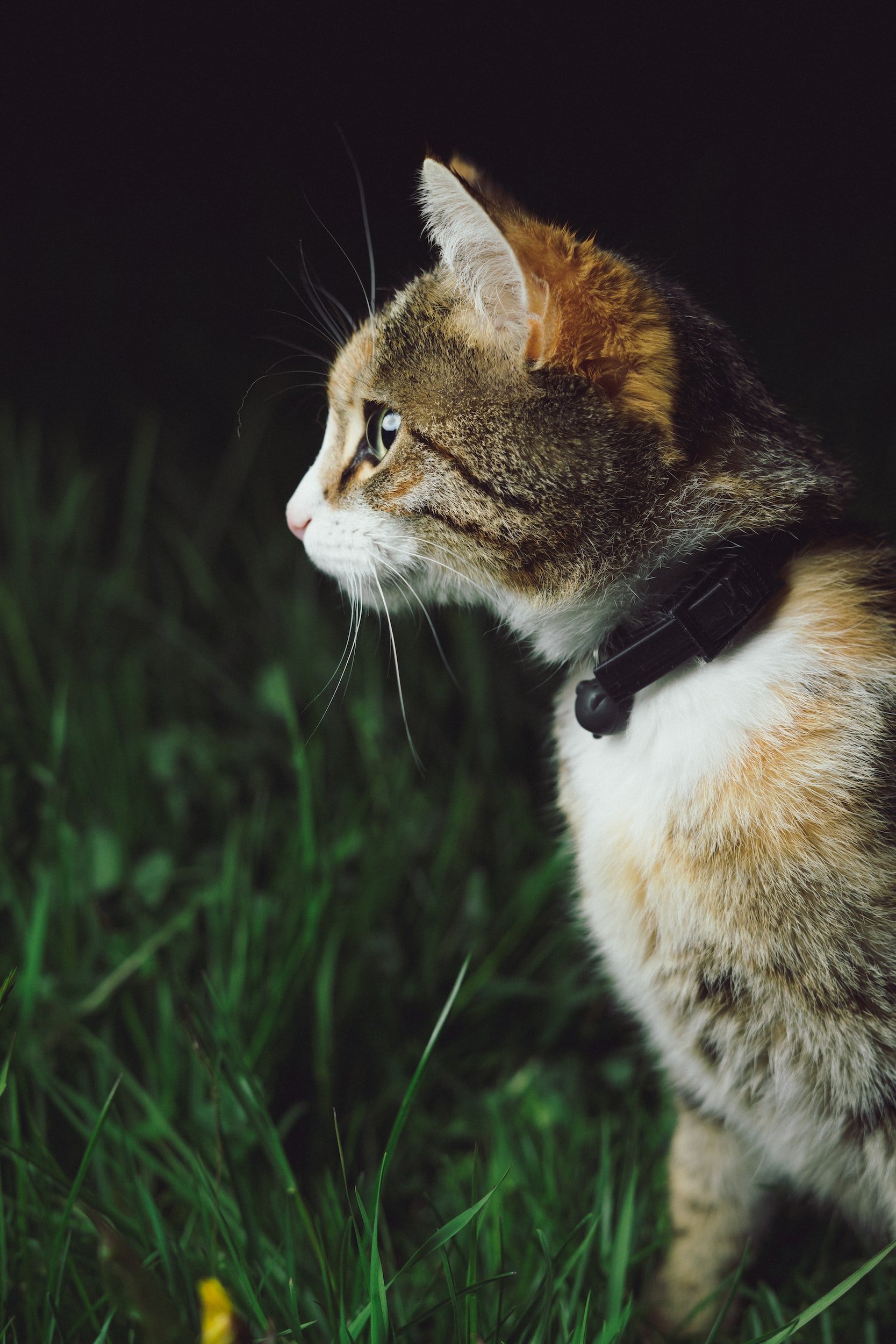Why do cats sleep so much?
Cats are expert sleepers and have evolved to sleep for long periods of time throughout the day. An adult cat can sleep on average between 16-20 hours per day, with kittens and senior cats generally requiring more sleep time that adults. In the wild, cats spend a lot of their time resting and recharging to hunt. Although domestic house cats don’t need to hunt, their natural instincts can influence their sleep patterns.
Why do cats sleep so much?
Cats are crepuscular – while many cats are active at night (especially kittens), cats are classified as crepuscular. This means they are most active at dawn and dusk. Since cats are natural predators, their instincts tell them to hunt mostly at night or early in the morning when the temperature is the coolest and their excellent eyesight can help them catch their prey while remaining undetected. This explains why your cat is most playful at night when you are ready to wind down and go to bed or why they want to wake you up in the early hours of the morning.
Natural hunters – cats in the wild use a large amount of energy hunting and they need to rest and recover in between to provide energy for the next hunt. Even if you have an indoor only cat, you will still see these natural instincts take over encouraging them to rest.
Enjoyment – some cats just like a good snooze. On a cold, rainy day, you might find your cat likes to snuggle up in their bed and sleep a bit longer because it’s warm, cosy and feels good. We are all a bit envious of our feline friends on those days!
Recharge their batteries – just like us, sleep is an important function for cats, allowing them to recharge their batteries. Sleep gives them important energy to be happy, healthy and playful when they are awake.
What is a normal amount of sleep for a cat?
The number of hours your cat sleeps and their typical sleeping pattern can change over their lifespan.
Kittens – newborn kittens will sleep most of the day with small bursts of energy between mealtimes. As they mature beyond newborn stage, kittens will still spend about 16-20 hours a day dozing.
Adult cats – as your kitten grows up, they will start to settle into a sleeping pattern and commonly sleep between 12-20 hours per day.
Senior cats – older cats tend to have less energy and reduced mobility which can result in them sleeping more than adult cats. Just like kittens, senior cats can sleep as much as 20 hours per day.
In addition to age there are several other factors that can influence how long your cat sleeps including their lifestyle and activity level throughout the day. Health, weather and personality can also have an influence.
What influences how long cats sleep for?
Age – has a big influence over the amount of time your cat sleeps. Kittens and senior cats generally spend more time sleeping than adult cats.
Lifestyle – if you cat is strictly indoors only, they often sleep for longer periods of time than an outdoor cat. Farm cats can spend more time hunting so are less likely to have changed their sleeping routine to fit in with their human family.
Health status – cats who have an underlying illness, disease or health problem can sleep more than those without any health concerns.
Activity level – it is important that cats have plenty of opportunity to play, socialise and bond with their owners. Cats will often rest and recharge after active playtime. A cat that is bored or has no mental stimulation may resort to sleeping instead.
Weather – if the weather is cold and rainy, cats will often snuggle up in a warm spot and rest until the conditions improve.
Personality – some cats are simply more active and as a result sleep less, whilst others can have a more relaxed personality and prefer to rest more often.
Can cats adapt to human sleep schedules?
Most cats can be trained to sleep through the night with a few adjustments throughout the day. It is important not to reward night time behaviour with attention and schedule daytime play and feeding. Day time play should include both time to bond with you, in addition to toys that encourage independent play throughout the day. Create a comfortable sleeping space for your cat to rest during the night without disturbing you.
Over time you can help your cat adjust with patience and positive reinforcement. For more details on helping your pet sleep through the night, click here.
When should I be concerned about my cat’s sleeping habits?
There are so many factors that can influence how long your cat needs to sleep. Understanding your cats normal sleeping pattern can help you identify a problem. If your cat starts sleeping more or less than usual or if you notice any other changes in their health or behaviour, it can be a sign of a health problem and its best to have them checked out by your vet.
Cats love to sleep, it’s in their nature. Let them rest and be ready to play when they wake. However, if you notice any changes to their normal sleeping pattern, health or behaviour, get in touch with us on 03 8784 4444.




